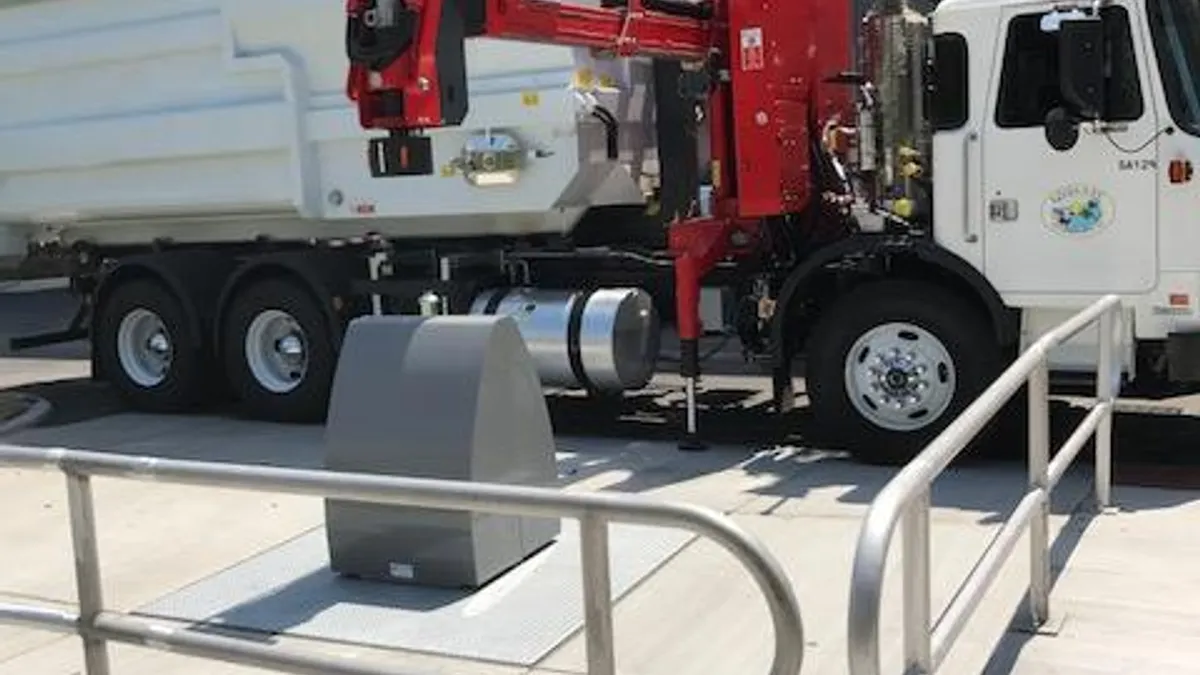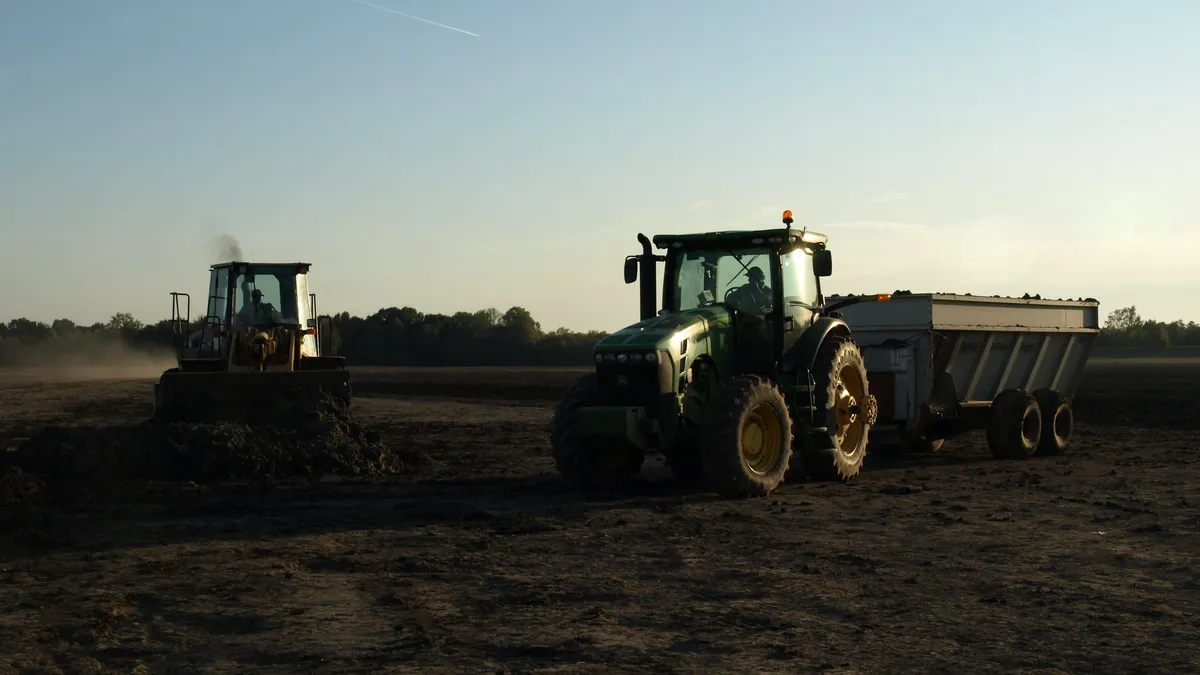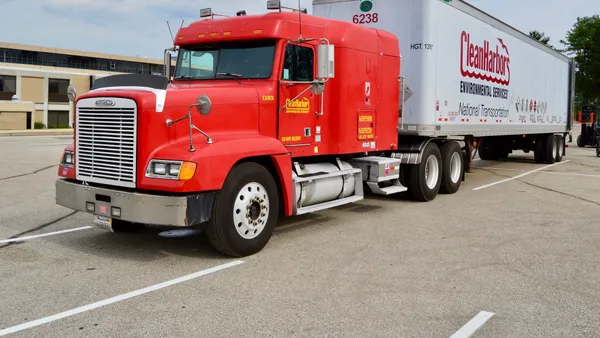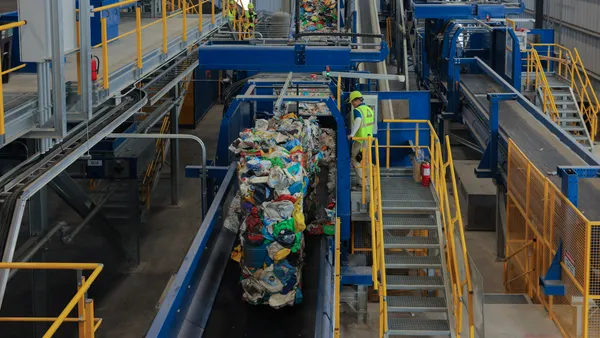Dive Brief:
- Kissimmee, FL has become the first U.S. city to partner with Underground Refuse Systems for the installation of 17 underground collection bins, as reported by the Orlando Sentinel.
- The units are 11 feet deep and six cubic yards across, with modern-looking collection bins on top. These units can also be equipped with key card access to limit illegal dumping. They can be collected with a specially designed AutoCar truck that lifts them out of the ground and empties them from doors on the bottom.
- Underground Refuse Systems is the exclusive distributor of this system in the U.S. and is based in Kissimmee, where it is a client company of the University of Central Florida's Business Incubation Program.
Dive Insight:
As shown on Underground Refuse Systems' website, this particular technology has already been deployed in other parts of the world and similar concepts are also available from other companies. While more expensive than standard public space collection bins, this system is intended to be a better long-term investment because it can improve collection safety, save space and reduce the potential for animal interference.
The concept of underground waste storage receptacles is more common in European countries, sometimes in conjunction with pneumatic collection systems, but has yet to catch on in the U.S. until recently. The most common innovation in public space collection systems have been compactor units, sometimes with solar panels or sensors that indicate when pick-up is required. Though even at maximum efficiency smaller compactor units may not provide the economy of scale that Kissimmee expects to see with these larger underground units.
Many U.S. cities are still trying to find the right balance of offering public space receptacles and reducing litter, sometimes with mixed results. Both Los Angeles and San Francisco are in the midst of campaigns to place more receptacles. This type of underground collection system could be appealing for cities facing litter issues because they require less frequent collection, but digging the necessary holes to place them could be challenging in some areas. Though where space is available, particularly around new construction projects, this underground system could become a more popular option.













